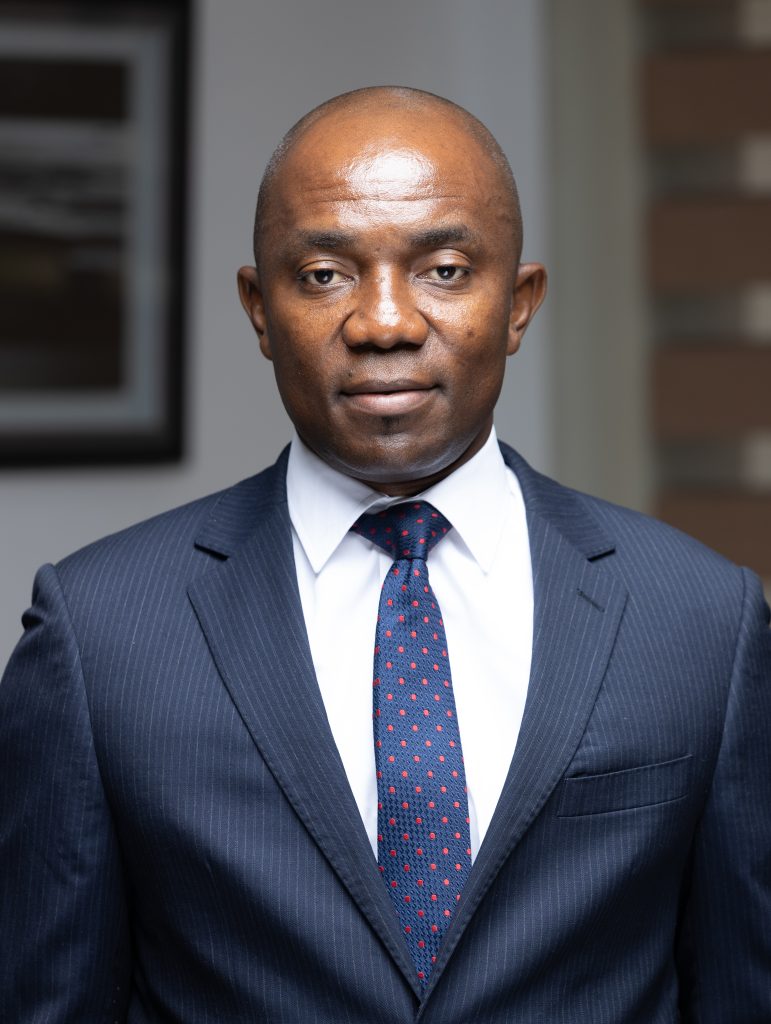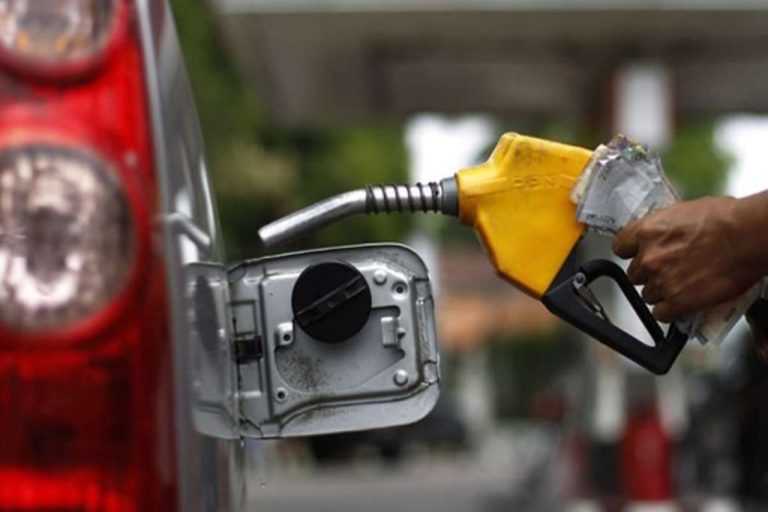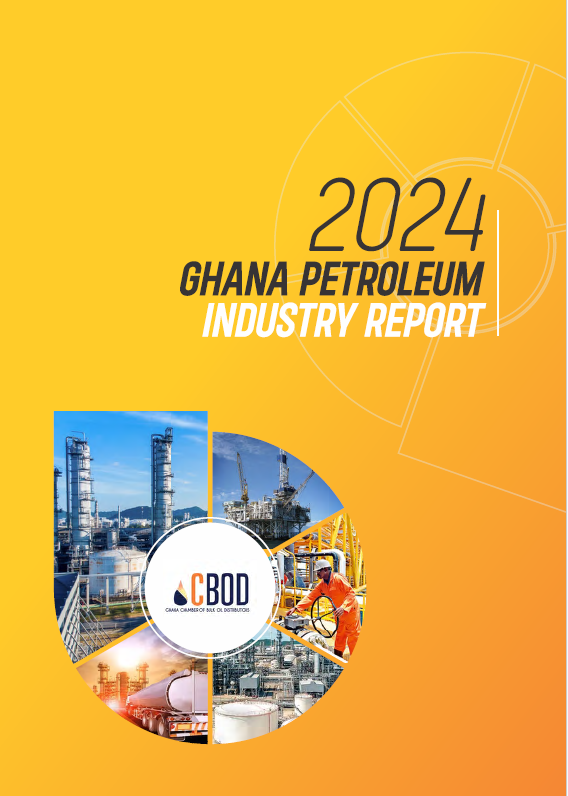In the dynamic heart of Accra, an innovative approach is quietly reshaping Ghana’s oil and gas sector. At the helm of this change is Dr. Patrick Kwaku Ofori, CEO of the Ghana Chamber of Bulk Oil Distributors (CBOD). Drawing from his own remarkable journey from sports to the boardroom, Dr. Ofori is leading a movement that taps into the unique strengths of former elite athletes to tackle the challenges of the energy industry.
For him, the transition from athletics to oil and gas is far from a stretch. “Elite performers understand the pressure of being in the spotlight while managing internal and external challenges, much like the fast-paced world of energy trading,” he explains. The parallels between sports and the energy sector, particularly in managing high-pressure situations and dynamic environments, have convinced him that athletes bring more than just physical prowess—they bring resilience, leadership, and a knack for teamwork.
“Communication, preparation, and motivation are as vital in the boardroom as they are on the field,” Dr. Ofori asserts. In an industry characterized by volatile global prices, regulatory complexities, and the critical need for stakeholder engagement, these soft skills are indispensable.
Ghana’s oil and gas sector faces constant fluctuations in currency exchange, price shocks, and geopolitical influences. Decisions must be made with far-reaching financial implications. “Sensitive information from oil-producing nations can shift the market overnight,” Dr. Ofori explains. The ability to stay calm under pressure, learned on the world stage of sports, is proving crucial in navigating the energy landscape.
At this critical juncture in Ghana’s oil industry development, adaptable, resilient leaders are in high demand. CBOD’s CEO sees this trend as an opportunity not only for individual career transitions but also for broader workforce development. “We could leverage this to discover and nurture talent,” he says, pointing out that the oil industry’s training initiatives already extend to artisans and welders. Why not athletes as well?
Dr. Ofori emphasizes that this approach should not replace formal education but rather complement it. “We are not advocating for unqualified individuals to take up roles,” he clarifies. “We are calling for opportunities for athletes who have invested in themselves through education to step into leadership roles.” This dual approach could open new doors for athletes while addressing skill gaps in the oil and gas industry.
He envisions an industry-wide corporate social responsibility initiative, where companies identify and train talented athletes within their communities. “In 10 to 15 years, these individuals could become advocates for dual career transitions, benefiting both the sports and energy sectors,” he says. This vision extends beyond the boardroom to Ghana’s policy landscape, calling for a collaborative effort from key ministries such as Youth and Sports, Education, Employment and Labour, and Energy.
“It’s time we develop policies that support athletes’ transitions into formal careers,” he urges, suggesting that budget allocations to sporting federations be tied to programs that equip athletes with essential skills for post-sport careers.
For athletes contemplating a transition into the oil and gas industry, Dr. Ofori offers clear advice: “The qualities we stress in sports—sacrifice, determination, discipline, and dedication—are just as crucial in business. But above all, athletes should prioritize their education, ensuring no barriers to their future progression.”
As Ghana’s oil and gas industry continues to grow, Dr. Ofori’s vision of blending athletic excellence with industry expertise offers a fresh perspective on talent development. By reimagining how sectors interact and leveraging the unique capabilities of elite performers, the CBOD is not only shaping the future of the energy industry but also contributing to national development in a profound way.





